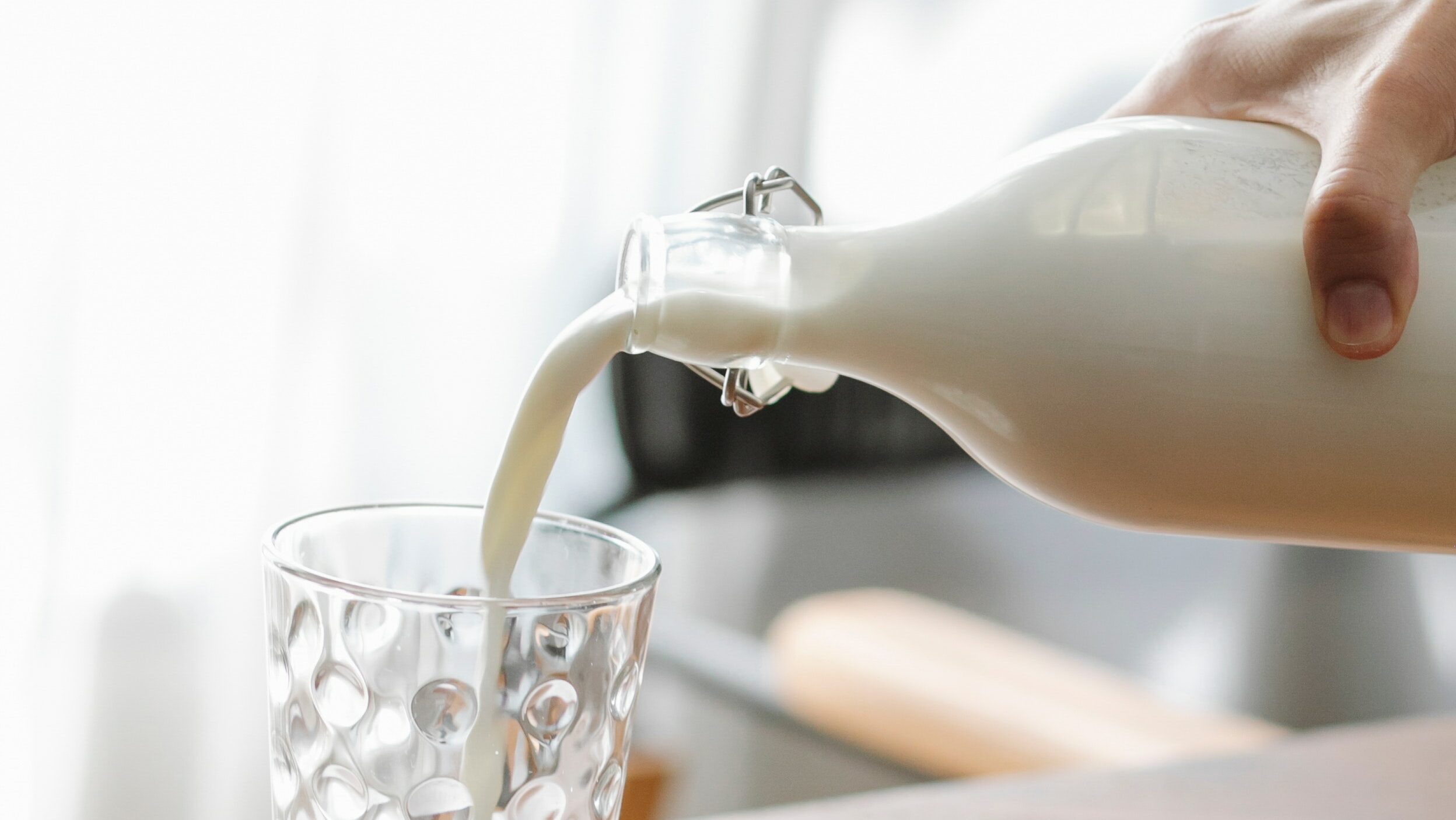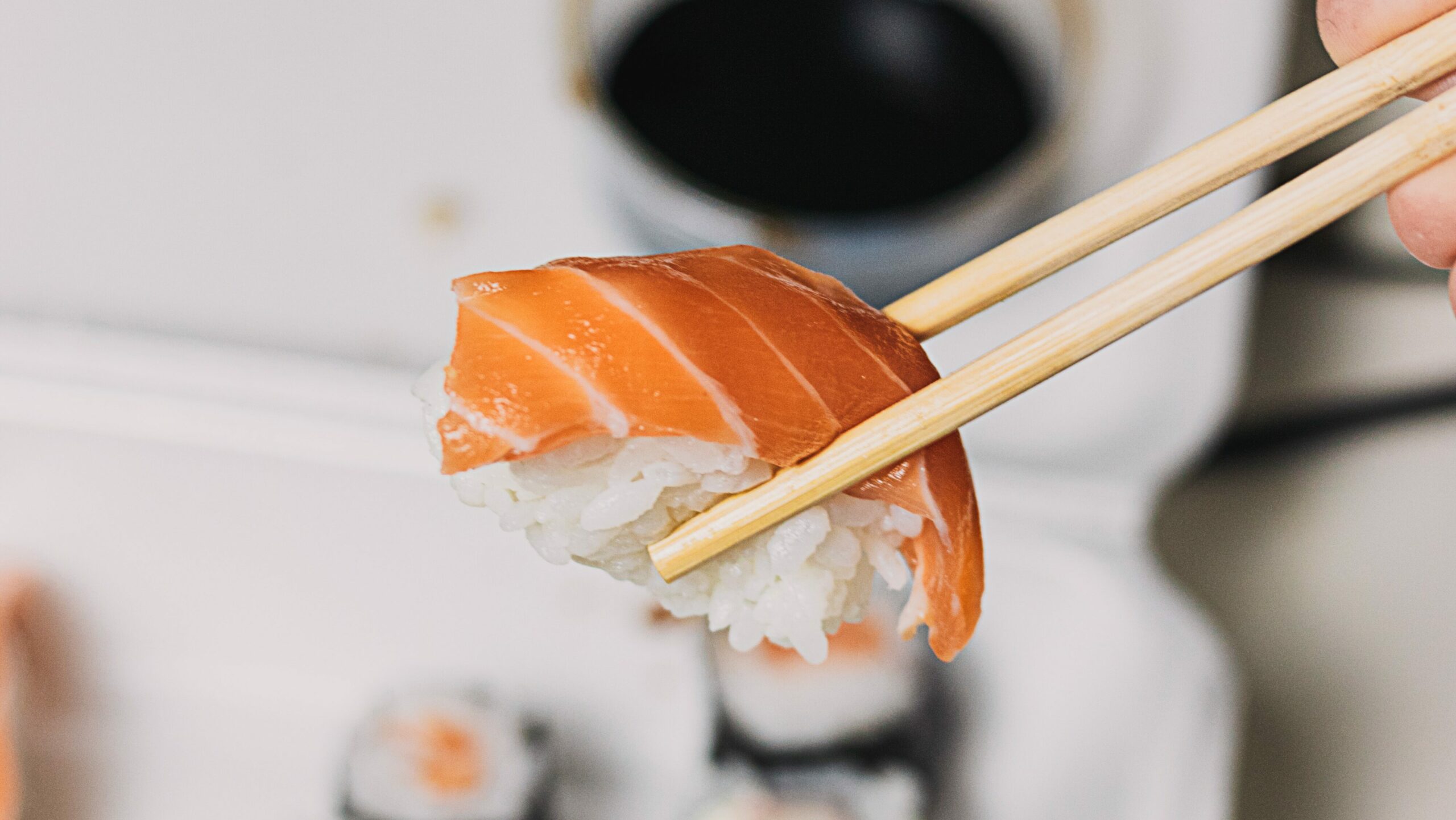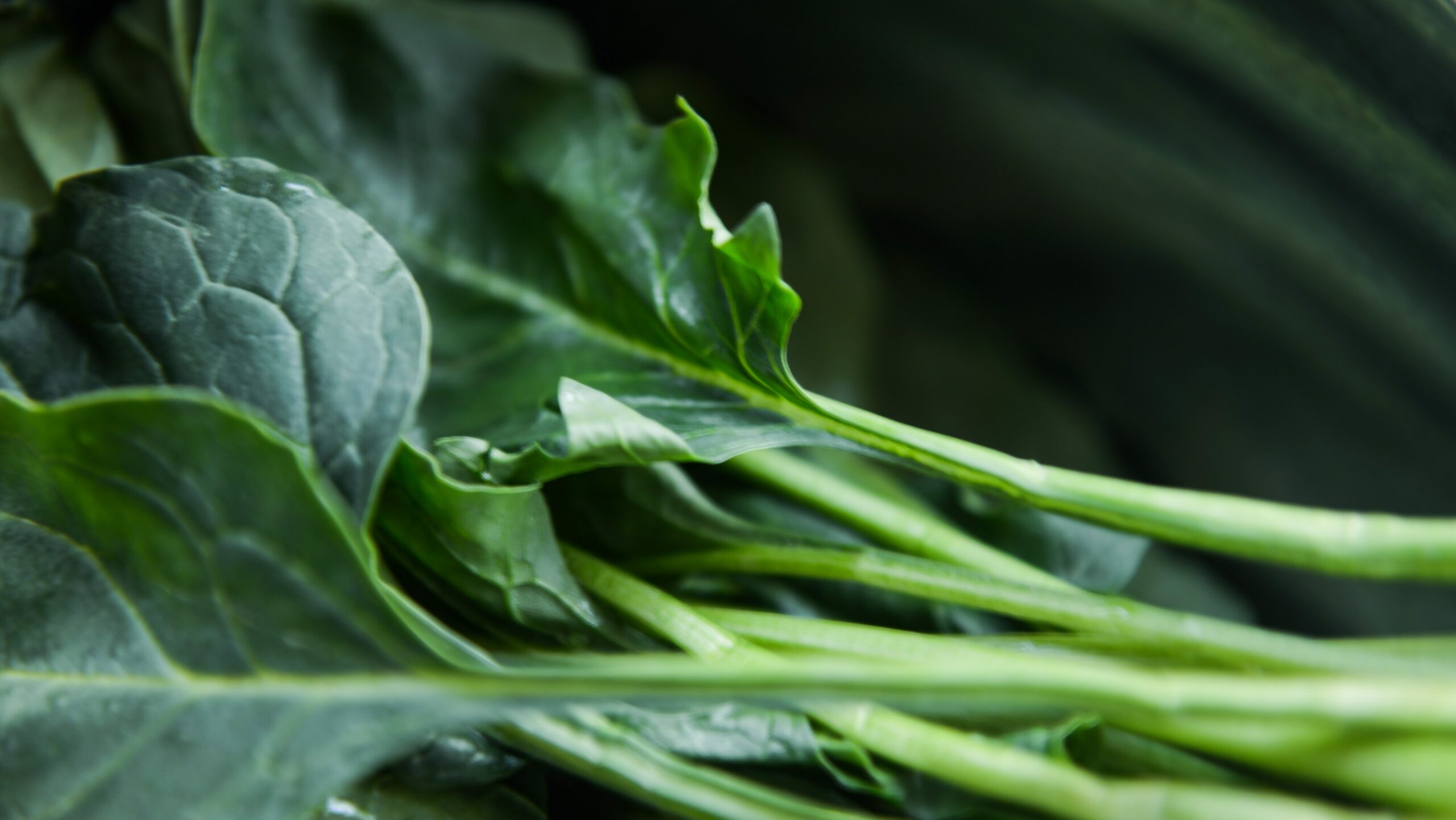
by Samantha Key of Femma

Osteoporosis is a condition where the bones become thinner and more brittle. This makes them fracture more easily. For women over the age of 65 hip fractures is one of the biggest killers(1). During menopause oestrogen levels decrease which causes increased bone loss. On average women lose up to 10% of their bone mass in the first 5 years of menopause(2). Resistance exercise, diet and supplements can all play a role in slowing this loss.
Nutrients

Calcium
Calcium is a mineral that is stored in bones. It is used all throughout the body in the heart, muscles and nervous system. If your body is not getting enough calcium from your diet it takes it out of your bones. This will contribute to reduced bone density. The recommended daily intake (RDI) for calcium in women under the age of 50 is 1000mg a day and your RDI increases to 1300mg a day over the age of 50(3). Dietary sources of calcium are mainly from dairy products, also in bony fish, legumes and some nuts(3). It is recommended you have 4 serves of calcium a day. 1 cup of milk, 100g of almonds or 200g of yoghurt is 1 serving of calcium(5).

Vitamin D
Vitamin D assists your body to absorb calcium. Your body obtains most of its vitamin D from sunlight exposure. Food sources alone, such as salmon, liver and eggs, are not enough to achieve your daily vitamin D requirement(4). However, there are many reasons why you may be unable to get sufficient amounts of vitamin D each day such as working indoors, shift work, having naturally darker skin or covering the body. Having low vitamin D reduces your body’s ability to absorb calcium, resulting in more calcium being drawn from your bones and increasing your risk of osteoporosis. In Australia for mild vitamin D deficiency the recommended dose is 1000-2000IU(6).

Vitamin K2
Vitamin K2 supports cardiovascular health by stopping your arteries calcifying and hardening(7). Calcium can deposit in the blood vessels. Vitamin K2 deficiency results in reduced calcium removal from the blood vessels, increases the risk of calcification and increases your cardiovascular risk(7). The major dietary sources of Vitamin K2 are leafy green vegetables and plant oils such as soybean and canola(8).
It can be difficult to incorporate all these into your diet everyday so supplements can be a great way to complement your diet. If you are over having to take so many tablets, there may be a combination option available. Have a chat to your friendly pharmacist to see if these are suitable for you.
References
1 https://www.hindawi.com/journals/eri/2016/8970259/
2 https://www.betterhealth.vic.gov.au/health/conditionsandtreatments/menopause-and-osteoporosis
3 https://www.nrv.gov.au/nutrients/calcium
4 https://www.healthdirect.gov.au/vitamin-d-deficiency
5 https://www.eatforhealth.gov.au/food-essentials/five-food-groups/milk-yoghurt-cheese-andor-their-alternatives-mostly-reduced-fat
6 https://www.nps.org.au/news/vitamin-d-supplementation#r4
7 https://www.ncbi.nlm.nih.gov/pmc/articles/PMC4566462/
8 https://www.nrv.gov.au/nutrients/vitamin-k